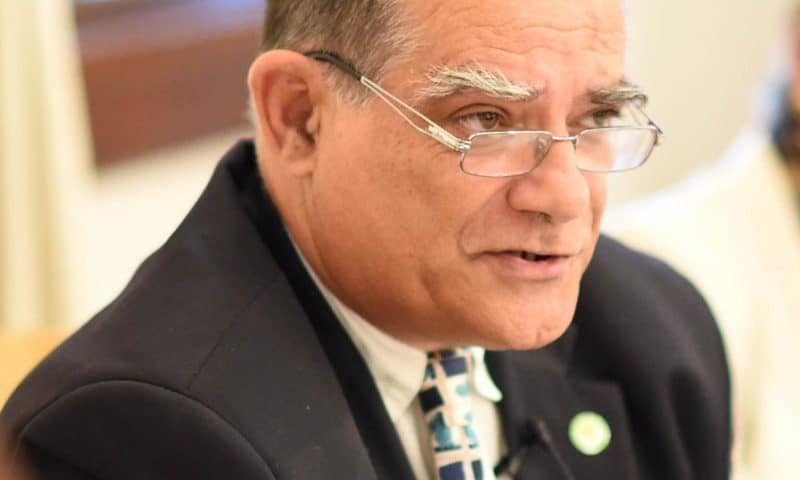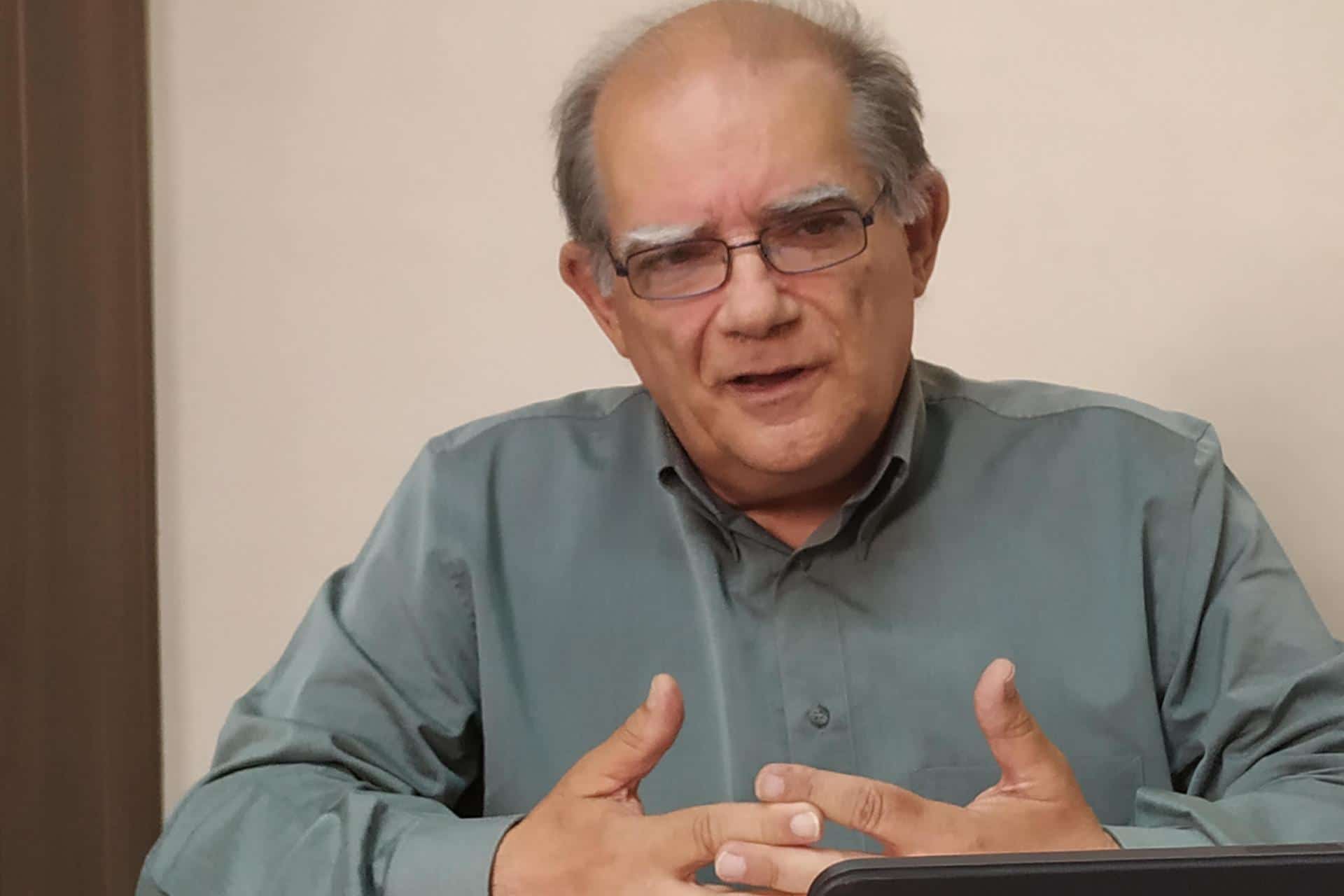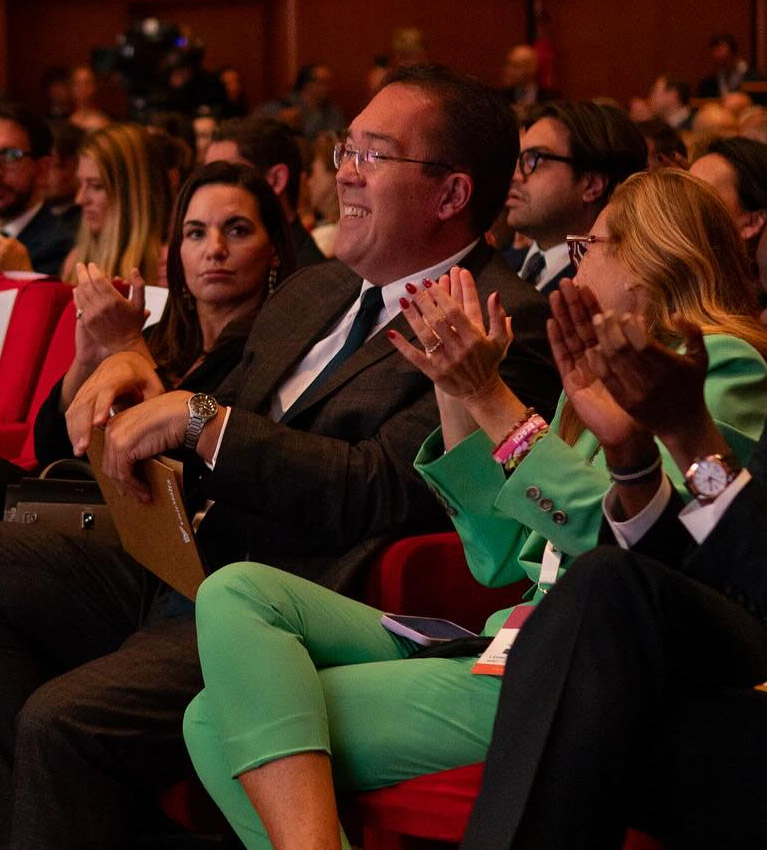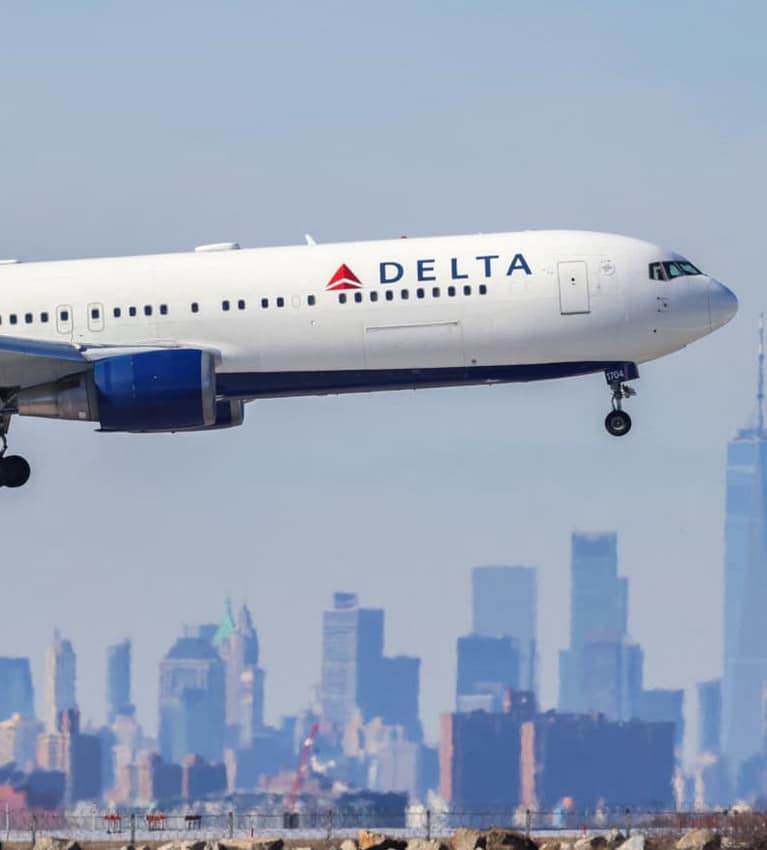
Malta Tourism Authority Signs Agreement with VeriFLY
July 23, 2021
Hospitality Investor Confidence Keeps On Rising
August 9, 2021

Added: 24 July, 2021
At a press conference in Floriana today, ADPD Chairperson Carmel Cacopardo and spokesperson and Deputy Secretary General Sandra Gauci spoke about the effects of the pandemic, and climate change on the tourism industry.
Sandra Gauci noted that it is a shame that the hoteliers’ association is once again demanding special treatment, when they themselves have caused their own problems. “The MHRA has called for the exemption of workers in the tourism sector from income tax on overtime. But they forget to tell us the real reasons why some of their workers chose to leave the sector. These workers are so poorly paid, with a large number of them on zero-hour contracts that they do not even reach the income brackets to pay income tax.
The MHRA is asking for schemes and help from government to entice workers to remain in the sector, when in fact it is their working conditions which is the problem, poor wages and zero-hour contracts. It is an insult to ask for special exemptions on overtime such that workers will have to work for long hours to perhaps make a decent income. Hoteliers want the government to increase their workers’ income through tax exemptions on overtime instead of through paying decent wages. Workers should not be treated as slaves. Government must ensure that working conditions in the tourism sector are improved, and that zero hour contracts are eradicated. Any aid to the sector must be linked to better conditions of work and a change in the business model to one of sustainable tourism.”
Carmel Cacopardo spoke about the amount of tourists visiting Malta in 2019, to the detriment of the quality of life of the residents of Malta and Gozo. “Malta cannot go back to almost three million tourist a year model – we cannot sustain these numbers. We must learn from the Covid-19 crisis. The lesson is that we must reduce the country’s dependence on mass tourism. The next challenge – indeed the challenge that is already with us is climate change.
One of the challenges is the shift towards a zero-carbon economy. The European Commission has just announced measures that include a carbon tax on aviation fuel, to push for a transition to a more sustainable European economy. Although Minister Miriam Dalli is claiming that Malta is a special case, in fact it is not in Malta’s interests to oppose measures to combat climate change precisely because Malta itself is being affected by this change. It is pertinent to point out that amongst the effects of climate change is an increase in sea levels with the consequence of adverse effects on coastal tourism infrastructure. The climate does not give a hoot about Malta’s supposed ‘specialness’.
Despite some small concessions that Malta may acquire, it is obvious that the economic model, including in tourism needs to change. The industry needs to adapt to the new normal of a world facing the global emergency of climate change. The number of tourists needs to be reduced to a more sustainable level – it is not possible to go back to the three million tourists a year. It is essential that precarious zero-hour work in the sector is eradicated once and for all. Workers should be guaranteed a fixed amount of working hours and not depend on their employer’s charity. Serious, long-term planning is needed, instead of the management by crisis and the dishing out of vouchers to tourists we have seen this year. ”



